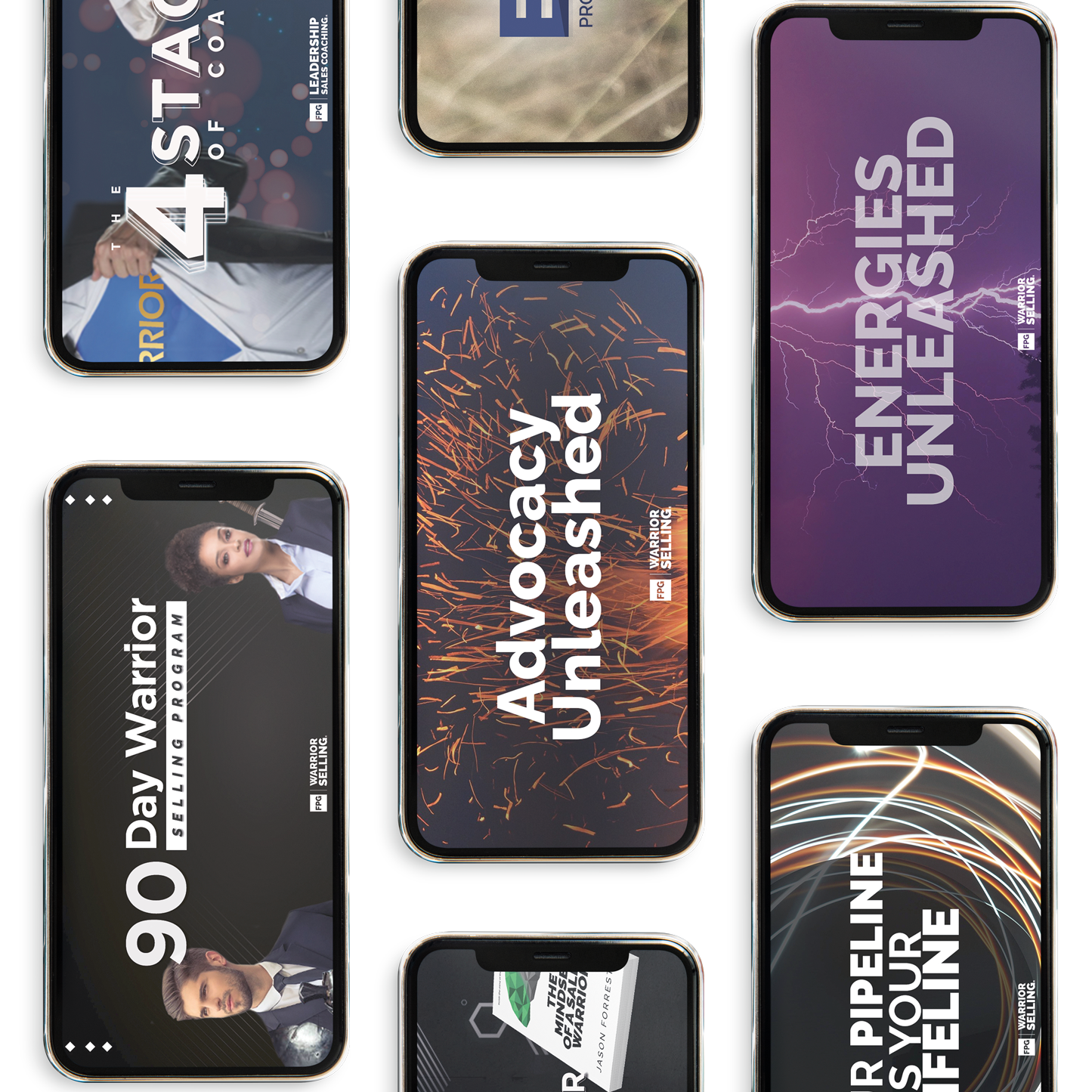Sales in Washington DC is like nowhere else. Here, sales teams compete in a high-stakes environment driven by fast decision-making, trust, and an informed clientele. This fast-paced market demands a unique approach, where understanding DC’s priorities and navigating client expectations is critical. In an area encompassing iconic neighborhoods like Foggy Bottom, Capitol Hill, and the Beltway, selling involves more than just a great pitch—it requires a strategy that resonates with DC’s distinct character.
To excel in DC’s competitive market, sales professionals need specific tactics that address the unique aspects of this region. By using strategies that build trust, navigate objections, and address the needs of DC clients, sales teams can overcome common challenges and close more deals. This article explores actionable training tips for B2C and in-home sales, focusing on ways to connect with clients across DC’s diverse landscape.
Table of Contents
- Embrace Local Knowledge to Build Credibility
- Use Trust-Building Techniques in a Relationship-Driven Market
- Handle Objections with DC-Specific Insights
- Train Teams to Mirror DC’s Direct Communication Style
- Demonstrate Expertise Through Relevant Examples
- Equip Sales Teams with Techniques to Handle High-Pressure Sales Situations
- Leverage the Power of Consistent Follow-Up to Win Repeat Business
Embrace Local Knowledge to Build Credibility
Sales professionals in DC must demonstrate an understanding of local concerns and interests. Clients in areas like Capitol Hill and Georgetown are well-informed, so sales teams benefit from showing knowledge about regional issues and events. For example, in B2C sales, knowing about Washington DC’s environmental policies or energy efficiency regulations can help a salesperson highlight the benefits of eco-friendly products. Addressing how a product aligns with DC’s sustainability goals can make a pitch more relevant and appealing to a local audience.
For in-home sales, mentioning DC’s historic preservation regulations in neighborhoods like Foggy Bottom can help contractors or service providers build rapport. A roofing contractor, for instance, could highlight experience in preserving historical architectural styles, reinforcing expertise. By acknowledging the city’s unique housing requirements, sales professionals demonstrate understanding and respect, positioning themselves as trusted local experts.
Use Trust-Building Techniques in a Relationship-Driven Market
DC’s professional culture prioritizes relationships and integrity. Sales professionals need to establish trust quickly, especially in in-home and B2C sales where clients seek reliable services. One effective approach is to use social proof, showing prospective clients that others in their area have had positive experiences. For example, sales teams can reference satisfied clients in neighboring areas like Logan Circle, which helps create familiarity and trust.
Transparency and honesty are also essential. When handling objections, for example, being upfront about product limitations and offering solutions can help clients feel valued and respected. Instead of sidestepping concerns about product compatibility with DC’s environmental requirements, acknowledge them directly and explain why certain products fit best. This open approach resonates with DC clients who value forthrightness and are quick to spot insincerity.

Watch our FREE Webinar | The Easiest Way to Handle Any Objection—No More Conflict, Just Conversions!
Handle Objections with DC-Specific Insights
In DC’s competitive market, clients are often aware of alternative products or services, leading to common objections regarding price, quality, or necessity. Sales professionals can effectively manage these objections by using insights relevant to the DC area. For instance, if a client in Dupont Circle questions a product’s higher price, a salesperson might emphasize the long-term benefits and efficiency that align with DC’s high living costs. Showing how the investment pays off over time appeals to DC’s financially savvy clientele.
In situations where clients are concerned about environmental impacts, DC’s focus on sustainability offers another pathway to handle objections. In an in-home sales scenario, a service provider might address questions about a higher price for eco-friendly materials by connecting it to local green building standards. Clients in DC neighborhoods are more likely to consider long-term environmental benefits, so addressing objections from this angle can help convert them into loyal customers.
Train Teams to Mirror DC’s Direct Communication Style
In a city known for its straightforward communication, sales teams benefit from adapting to this style. DC clients often prefer clear, concise information over lengthy explanations. To connect with this audience, salespeople should prioritize clarity and avoid excessive jargon. When discussing a product with a client in Capitol Hill, for example, quickly addressing how the product meets their needs and cutting to the point is often the most effective approach.
Sales teams can use role-playing exercises to practice this direct communication style, ensuring they can articulate product benefits succinctly. For both B2C and in-home sales, practicing clear, direct language prepares salespeople to respond confidently in real-world scenarios. This alignment with DC’s no-nonsense style demonstrates respect for clients’ time, fostering positive impressions and building rapport more quickly.
Demonstrate Expertise Through Relevant Examples
DC clients appreciate data, research, and real-world examples, especially when making financial or quality-driven decisions. To increase credibility, sales teams should incorporate testimonials and case studies that highlight their experience and product success within the DC market. For instance, a B2C service provider could share stories about improving home security for clients in the Beltway area, demonstrating practical knowledge of regional issues.
Providing evidence-backed data, like energy savings statistics for eco-friendly products, resonates particularly well with DC’s data-focused clientele. In a city where decisions are often driven by facts, having documented proof of a product’s success strengthens a salesperson’s position. Including specific outcomes, such as cost savings achieved by clients in well-known neighborhoods, enhances trust and helps sales teams connect with DC clients in a meaningful way.

Equip Sales Teams with Techniques to Handle High-Pressure Sales Situations
Sales in DC often involve high-stakes, time-sensitive decisions. Training teams to remain composed under pressure is crucial for success. One technique is to encourage controlled breathing or quick mental resets before client meetings. This practice can help salespeople stay calm, communicate clearly, and respond thoughtfully. Especially when dealing with B2C clients in DC’s fast-paced environment, remaining calm signals reliability and reassures clients.
Sales leaders can also teach teams to pace conversations effectively. Slowing down slightly when explaining complex details allows clients to process information better and ask questions. For instance, a salesperson discussing a complex security system might take a moment to pause after key points, allowing a Capitol Hill client to respond. This balanced approach helps prevent misunderstandings and encourages clients to make confident decisions.
Leverage the Power of Consistent Follow-Up to Win Repeat Business
In DC’s competitive market, securing long-term relationships often requires consistent follow-up. Sales professionals should be trained to check in with clients after the initial sale, asking for feedback or addressing any lingering concerns. In neighborhoods like Georgetown, where word-of-mouth recommendations are powerful, following up shows dedication and increases the chance of earning referrals.
For in-home sales, sending a quick message or making a follow-up call a few days after project completion builds trust. Clients in DC are often busy professionals, so a respectful check-in reinforces the commitment to quality and service. This consistent approach to follow-up also positions sales professionals as trusted contacts for future projects or services, creating a network of loyal clients in the DC area.
Sales in Washington DC is distinct, challenging, and rewarding. By implementing these specific training techniques—embracing local knowledge, managing objections, maintaining direct communication, and building trust—sales teams can thrive in DC’s competitive market. The unique approach outlined here equips sales professionals to navigate high-stakes interactions and foster long-term client relationships across neighborhoods like Foggy Bottom, Capitol Hill, and beyond. With these essential strategies, DC sales teams can stand out, close more deals, and drive sustained success.
At FPG We’ll Recruit, Coach, And Train Your Sales Team Like They’re Our Own
Gain a competitive edge with FPG’s expert solutions in Sales Recruiting, Sales Training, and Sales Management Training. Experience rigorous candidate screening, process-driven training that resonates, and transformative leadership that drives significant revenue increases. Give yourself an advantage and start your journey to higher sales and unparalleled success with FPG. Reach out to us today!
Ready to revolutionize your sales team?
Elevate your recruitment, training, and leadership with our expert guidance. Say goodbye to stagnant sales and hello to unprecedented success! Book a Meeting today and take the first step towards dominating your market!










